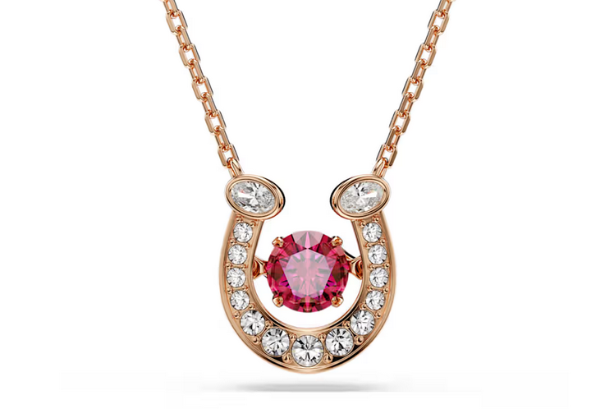Coming of Age


China's second-child policy and the e-commerce boom are revitalizing the infant-product industry as brands shift focus to quality, reports Yang Han in Hong Kong.
The second-child market has become the new battlefield for companies in the infant-goods industry, especially when young Chinese parents are willing to provide their babies with the best, regardless of price.
"Brand is the first priority for Chinese consumers when buying mother-infant products," said Vishal Bali, managing director of market research firm Nielsen China.
He cited milk powder as an example.
According to Nielsen's research, around 55 percent of consumers will first look at infant products' brand names before checking the suitable ages, ingredients and functions.
"Only 9 percent of consumers will check the price after deciding which brand to go for," he said, adding that over the past five years, consumers have been paying more attention to the health and safety of goods, especially those for infants.
Under the potential demographic dividend brought by China's second-child policy, this ongoing consumption shift is encouraging companies to compete for better brand images and bigger market share.
China introduced the universal second-child policy in January 2016, more than three decades after implementing the previous family-planning policy to rein in the country's population growth.
The number of births at hospitals in China was around 18.5 million in 2016, the highest since 2000, according to the National Health and Family Planning Commission. Though the number dropped to 17.58 million last year, Xinhua reported that over half of the newborns were second children, which is a 5 percent increase compared with 2016.
The sales value of infant products in China reached 123.2 billion yuan ($19.2 billion) from September 2016 to August 2017, an increase of 11 percent, according to Nielsen's data. The sales values of key fast-moving consumer goods like infant food supplements, diapers and infant formula, have all recorded double-digit growth.
In another report jointly released by China e-commerce giant JD.com and a research institute under the 21st Century Business Herald in January, nearly 80 percent of people surveyed are willing to have a second child as long as they can afford to. The report says China's infant-goods market will continue to grow to exceed 4 trillion yuan by 2020.
Foreign brands remain major players, said Bali from Nielsen China. They accounted for up to 65 percent of China's total market share of offline sales of milk powder and diapers in 2016, according to Nielsen.
Consumers still trust them more than domestic brands, Bali said.




































